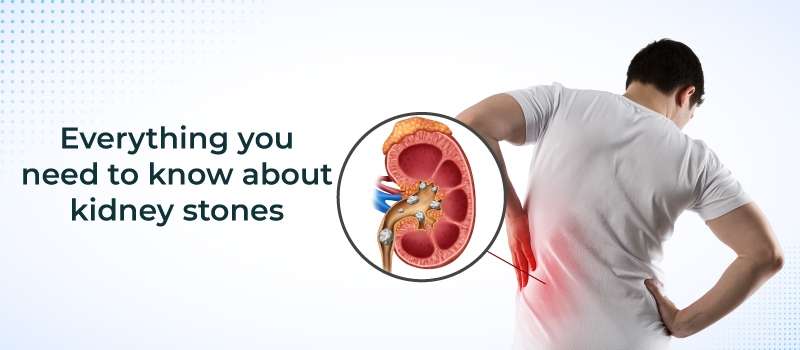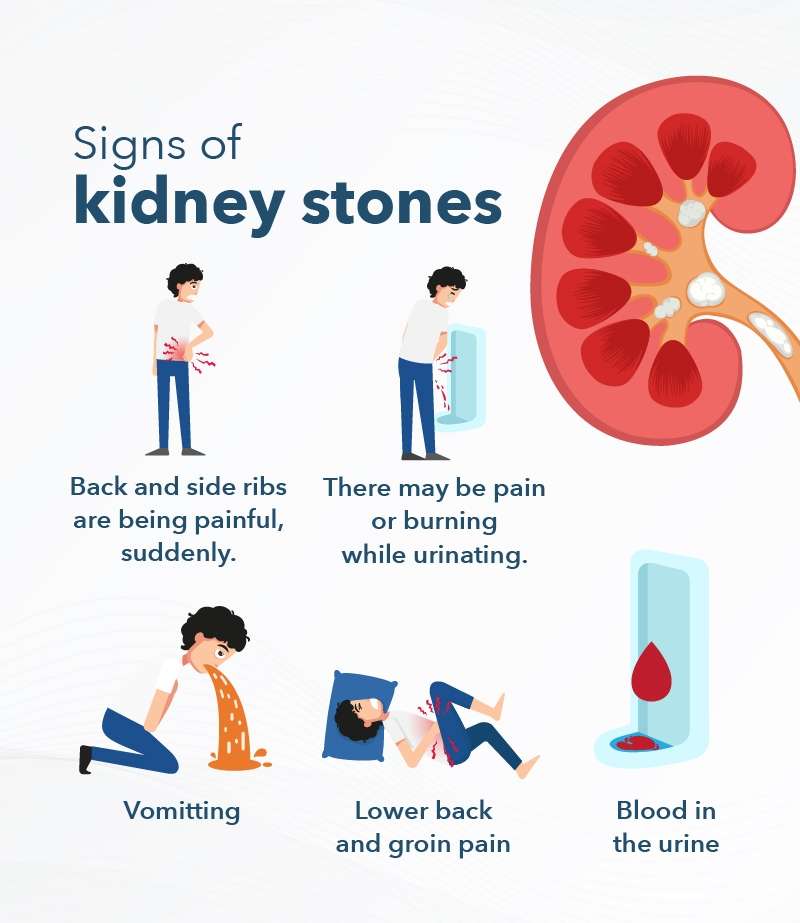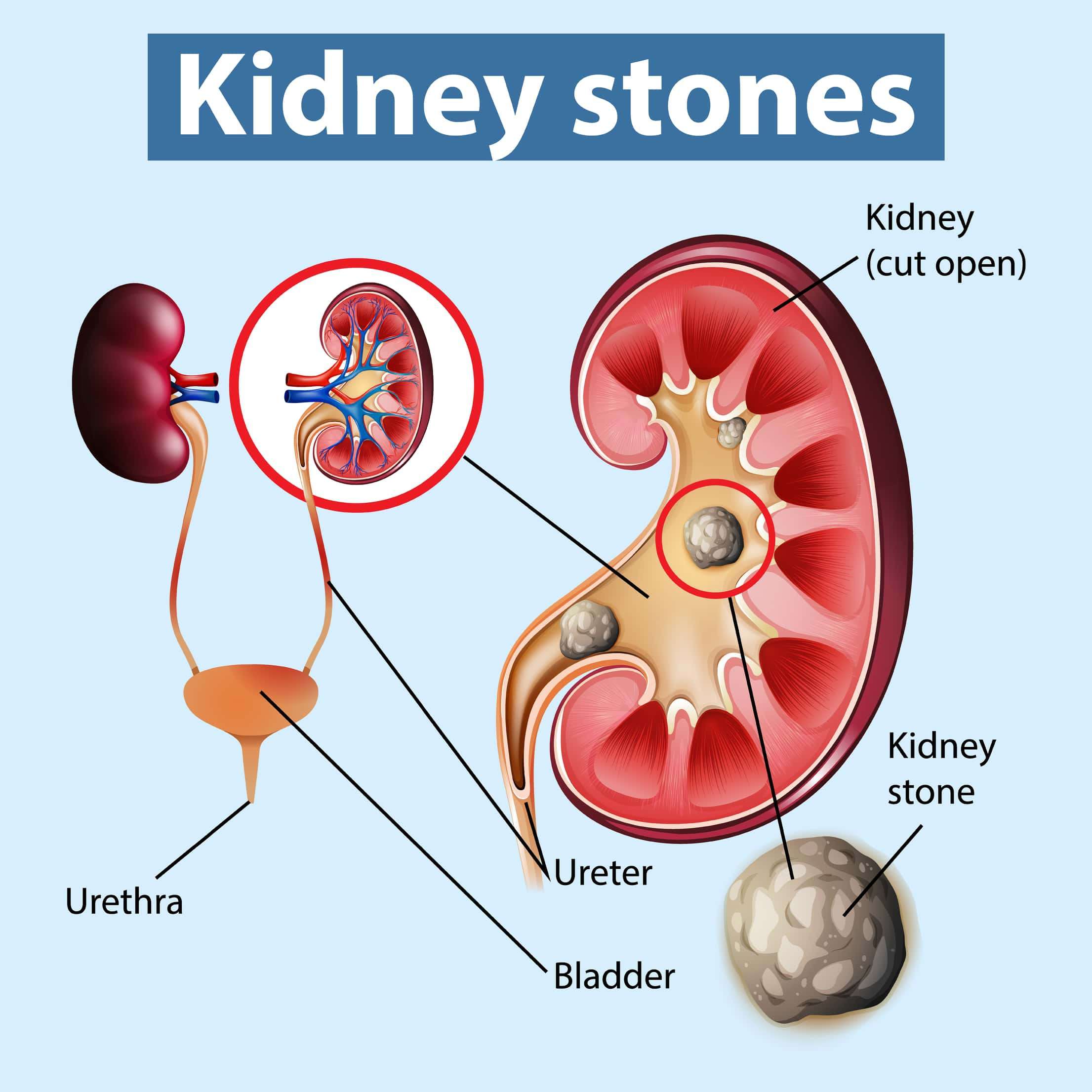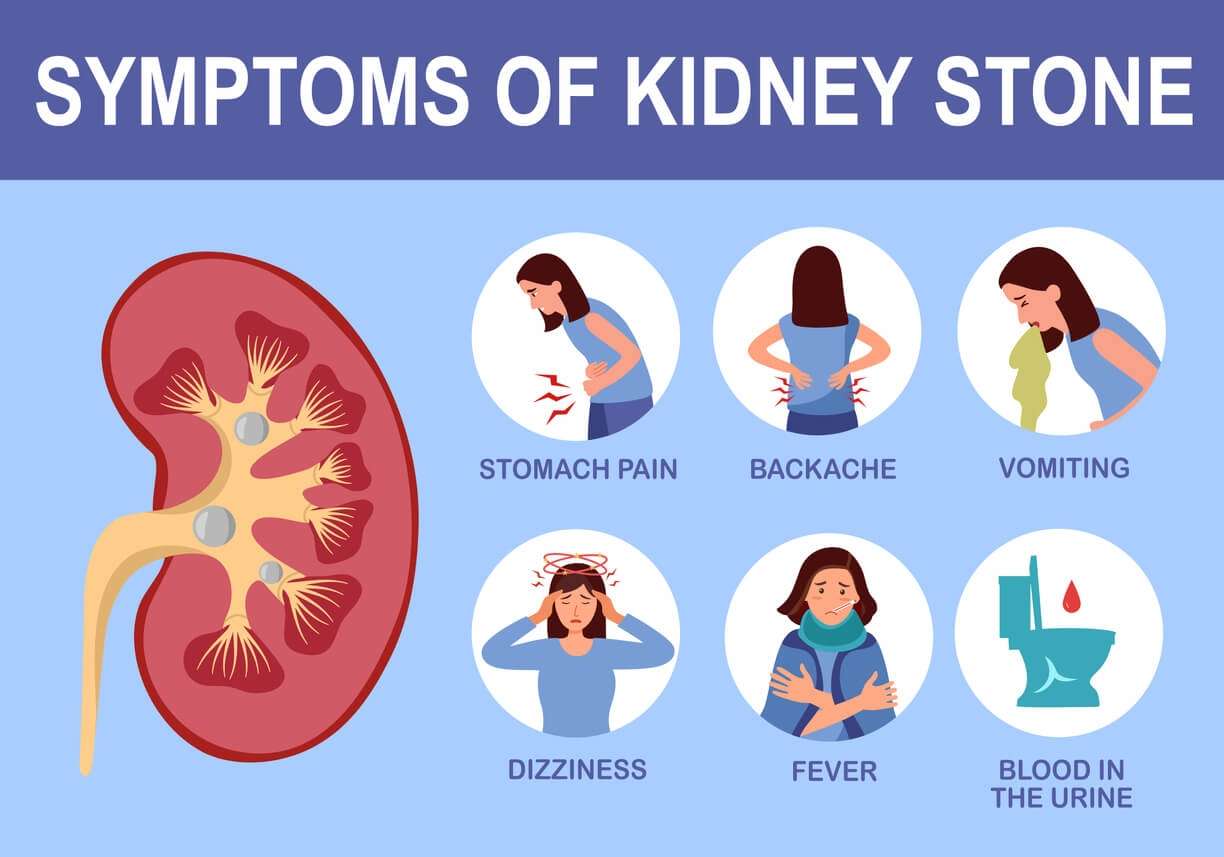Title: Understanding Kidney Stones: Symptoms, Causes, Risk Factors, Diagnosis, Prevention, Diet, Lifestyle, and Homoeopathic Treatment
Introduction:
Kidney stones are solid mineral and salt deposits that form in the kidneys. They can cause intense pain and discomfort, affecting the urinary system. Understanding the signs, symptoms, causes, risk factors, diagnosis methods, prevention strategies, diet and lifestyle considerations, and the potential role of homoeopathic treatment is crucial for effectively managing kidney stones. In this blog post, we will explore the key aspects of kidney stones and their holistic approach to treatment.
Signs and Symptoms of Kidney Stones:
1. Severe pain: Sharp, cramping pain in the back or side, often radiating to the lower abdomen and groin.
2. Hematuria: Blood in the urine, giving it a pink, red, or brownish color.
3. Frequent urination: Increased urge to urinate, with only small amounts of urine passed.
4. Painful urination: Burning sensation or pain while urinating.
5. Cloudy or foul-smelling urine: Discoloration or unpleasant odor in the urine.
6. Nausea and vomiting: Feeling of queasiness and occasional vomiting.
Common Causes of Kidney Stones:
1. Dehydration: Insufficient fluid intake can lead to concentrated urine and increase the risk of stone formation.
2. Dietary factors: Consuming excessive amounts of oxalate-rich foods (such as spinach, chocolate, and nuts) or sodium can contribute to stone formation.
3. Family history: A family history of kidney stones increases the likelihood of developing them.
4. Certain medical conditions: Conditions like urinary tract infections, gout, and certain metabolic disorders can increase the risk of kidney stones.
Risk Factors for Kidney Stones:
1. Age and gender: Kidney stones are more common in individuals between the ages of 30 and 60, and men are more prone to developing them.
2. Family history: A genetic predisposition to kidney stones can increase the risk.
3. Dehydration: Inadequate fluid intake can lead to concentrated urine and stone formation.
4. Obesity: Higher body mass index (BMI) increases the risk of kidney stones.
5. Certain medical conditions: Conditions like urinary tract infections, inflammatory bowel disease, and metabolic disorders increase the risk.
Diagnosis of Kidney Stones:
Kidney stones can be diagnosed through various methods, including:
1. Medical history and physical examination: Discussing symptoms, medical history, and risk factors with a healthcare professional.
2. Imaging tests: X-rays, ultrasound, or CT scans to visualize the stones and assess their size and location.
3. Urine tests: Analyzing urine samples to check for blood, crystals, or signs of infection.
Prevention Strategies, Diet, and Lifestyle Considerations:
1. Hydration: Drink an adequate amount of water throughout the day to maintain urine dilution and promote proper kidney function.
2. Dietary modifications: Limit intake of oxalate-rich foods, sodium, and animal protein. Increase consumption of fruits, vegetables, and whole grains.
3. Manage weight: Maintain a healthy weight through a balanced diet and regular exercise.
4. Limit salt intake: Excessive salt consumption can increase the risk of stone formation.
5. Urinate when necessary: Do not hold urine for long periods, as this can lead to concentrated urine and stone formation.
6. Be cautious with supplements: Certain supplements, such as calcium or vitamin C, should be taken in moderation, as excessive amounts can contribute to stone formation.
Homoeopathic Treatment for Kidney Stones:
Homoeopathic treatment for kidney stones aims to address the underlying causes, relieve pain, facilitate the passage of stones, and prevent recurrence. Some commonly used homoeopathic remedies for kidney stones include:
1. Berberis vulgaris: Indicated for sharp, cutting pains in the kidney region, blood in the urine, and frequent urging to urinate.
2. Lycopodium clavatum: Useful for right-sided kidney stones, pain in the back radiating to the bladder, and bloating after eating.
3. Sarsaparilla officinalis: Recommended for kidney stones with burning, cutting pain during urination, and sediment in the urine.
It is essential to consult a qualified homoeopathic practitioner for an accurate diagnosis and individualized treatment plan based on your specific symptoms and overall health.
Conclusion:
Kidney stones can cause significant pain and discomfort, but with proper understanding and management, they can be effectively treated and prevented. By recognizing the signs, understanding the causes and risk factors, adopting preventive measures, following a healthy diet and lifestyle, and considering homoeopathic treatment as a complementary approach, individuals can navigate their kidney stone journey with greater ease. Always consult healthcare professionals for an accurate diagnosis and to create a comprehensive treatment plan tailored to your specific needs.




Leave a Message